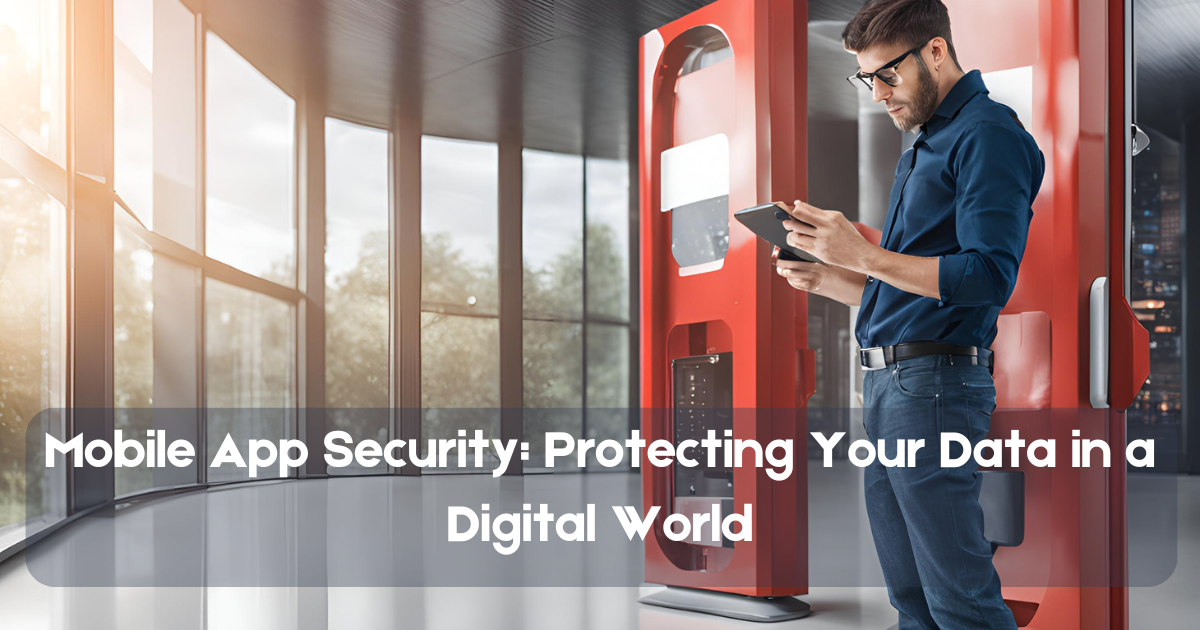Mobile app security is an increasingly vital aspect of maintaining digital privacy and safety as our daily lives become ever more integrated with technology. With the rise of mobile usage, the safeguarding of personal and financial information through mobile applications has never been more critical. Here, we explore essential strategies and practices to protect your data in a digital world.
One of the first steps to securing your mobile apps is to download them from trusted sources only. Stick to official app stores like Google Play or Apple’s App Store, as these platforms have stringent vetting processes to deter malicious applications. Although not foolproof, they significantly reduce the risk of encountering harmful software compared to third-party app stores.
Regularly updating your applications and mobile operating system is crucial for mobile security. Updates often include patches for security vulnerabilities that hackers can exploit. Both app developers and OS manufacturers continuously work to address newly discovered threats, so keeping your software current is a vital defense mechanism.
Using strong, unique passwords for each app and service can drastically improve your security. Avoid reusing passwords across multiple accounts, and consider using a password manager to handle and generate complex passwords efficiently. Multi-factor authentication (MFA) is another strong layer of security; it ensures that even if a password is compromised, unauthorized access is still prevented.
Limit app permissions to the absolute essentials. When an app requests access to various phone features, assess whether it reasonably needs them. For example, a flashlight app should not require access to your contacts or location data. Unnecessary permissions can compromise your personal information if the app is malicious or if the data is leaked.
Encrypting your mobile data adds an extra level of security. Both Android and iOS offer settings to encrypt your device, making it far more challenging for anyone to access your data without authorization. Encryption transforms data into a coded form, ensuring it remains protected even if intercepted.
Public Wi-Fi poses significant risks as it often lacks robust security measures. Whenever possible, use a Virtual Private Network (VPN) to secure your internet connection, especially on public networks. A VPN encrypts your data, protecting it from potential eavesdroppers on the same network.
Be cautious about phishing attacks, which often come through emails, texts, or social media messages designed to trick you into divulging personal information. Avoid clicking on suspicious links or downloading attachments from unknown sources. Always verify the sender’s credibility and look out for telling signs of phishing, such as spelling mistakes and unusual URLs.
Your device’s built-in security features, such as biometric authentication (like fingerprint or facial recognition), can offer additional layers of protection. These features are usually more secure than traditional passwords and can prevent unauthorized access should your device be lost or stolen.
Backup your data regularly to reduce the potential damage from data loss or security breaches. Keeping a secure copy of your important information can facilitate a swift recovery in the aftermath of a cyber attack. Cloud services often offer encrypted backups, which add an extra layer of security.
Incorporating these practices can go a long way in protecting your data as you navigate the digital world. By being proactive and vigilant, you can minimize your exposure to the myriad of threats in the mobile app landscape.
